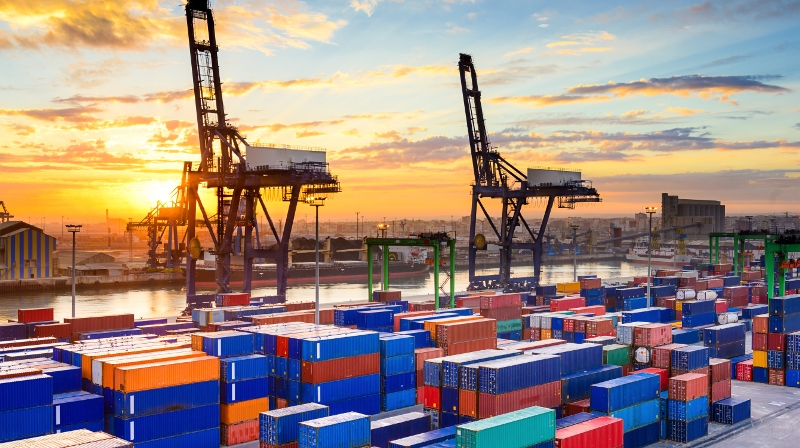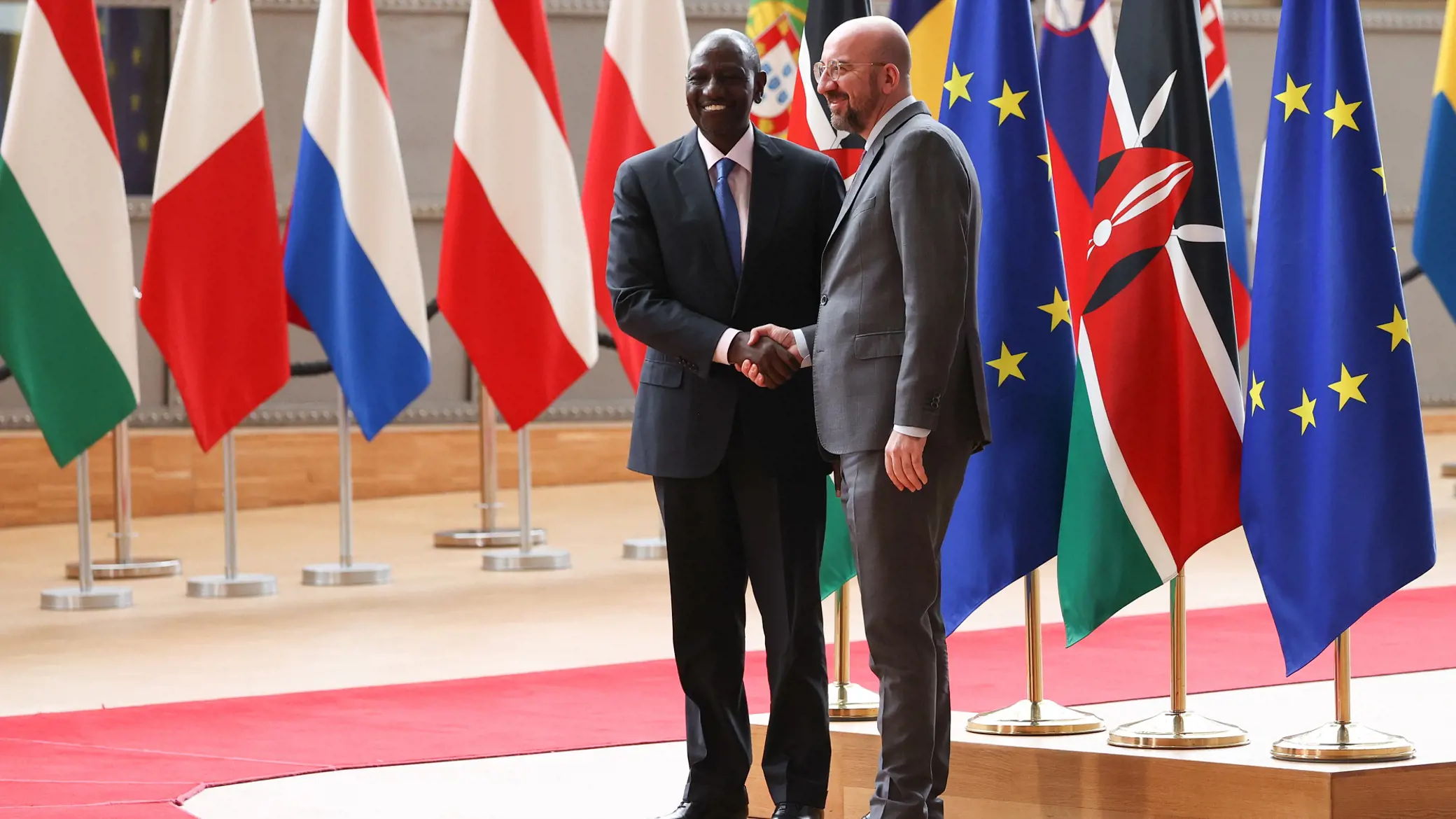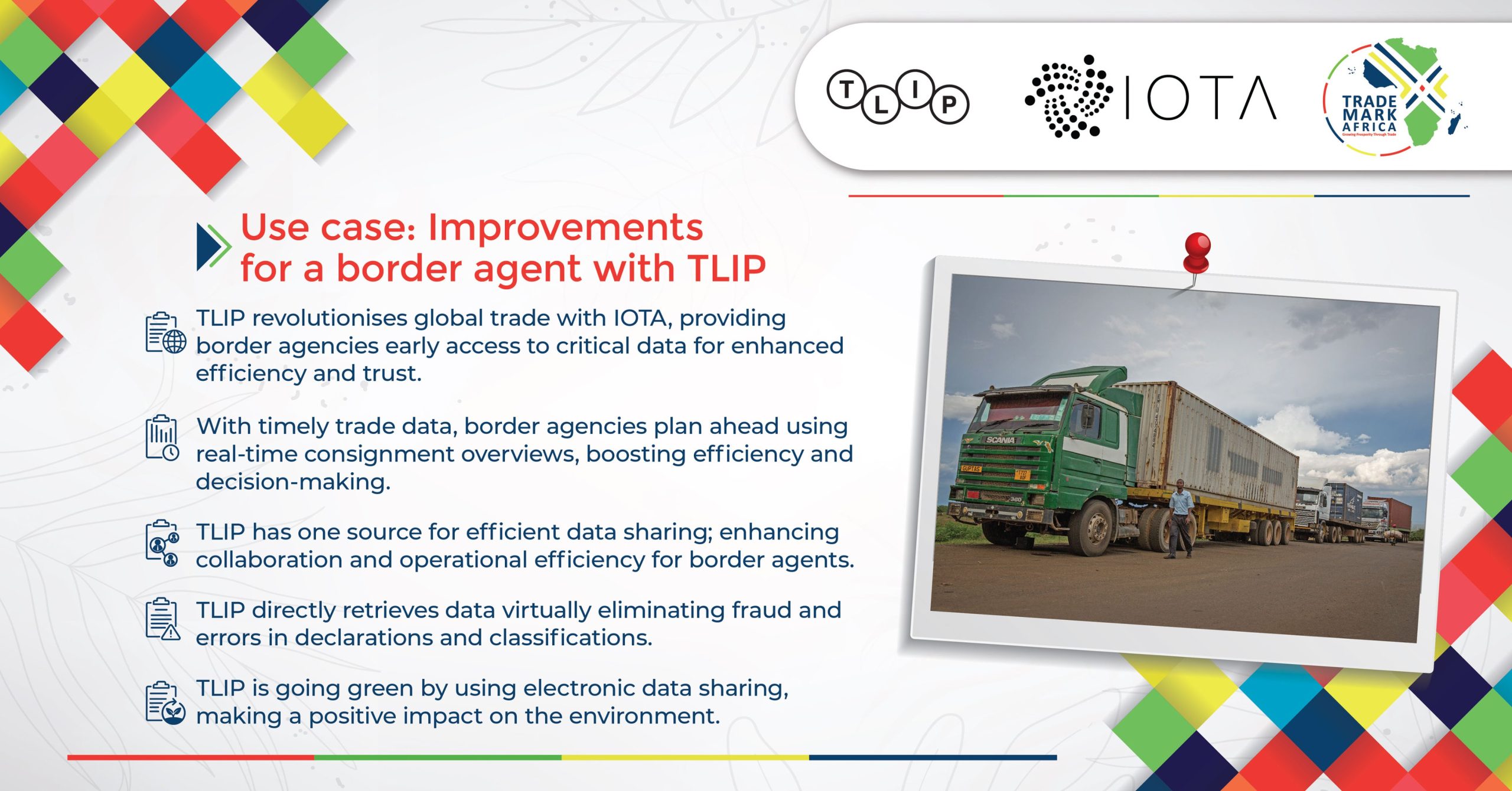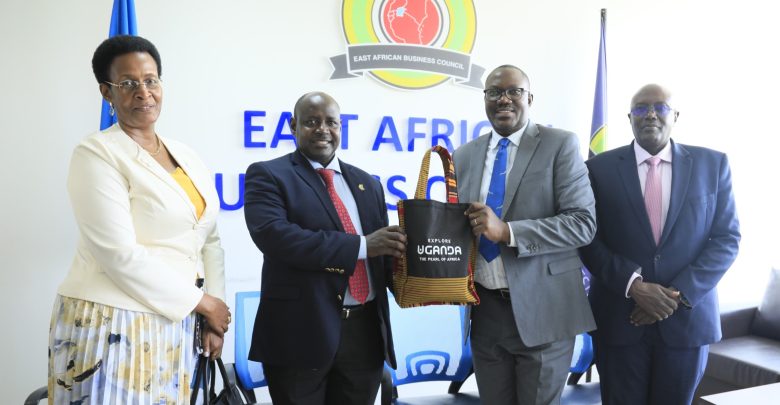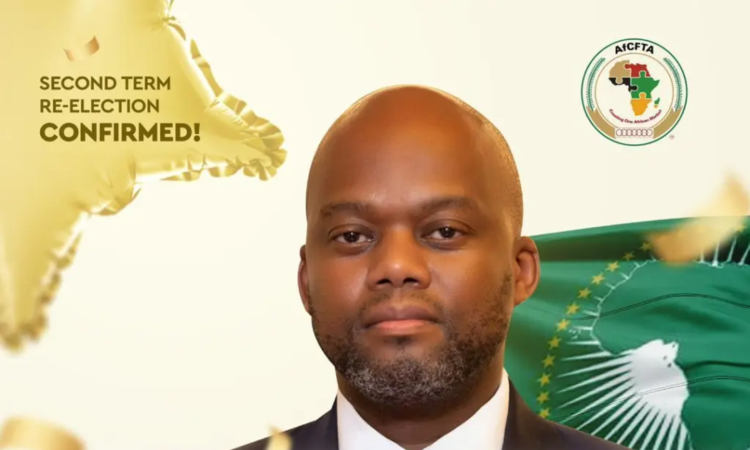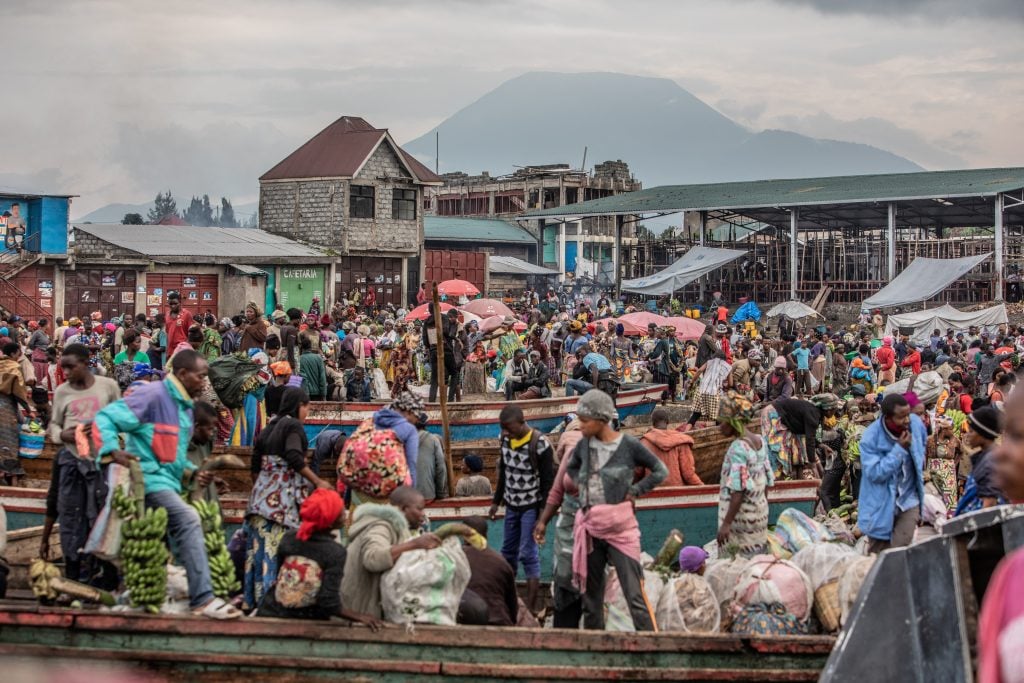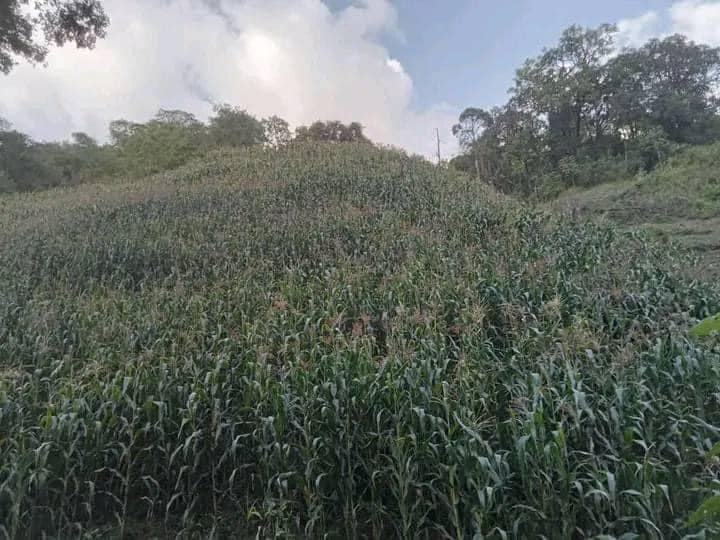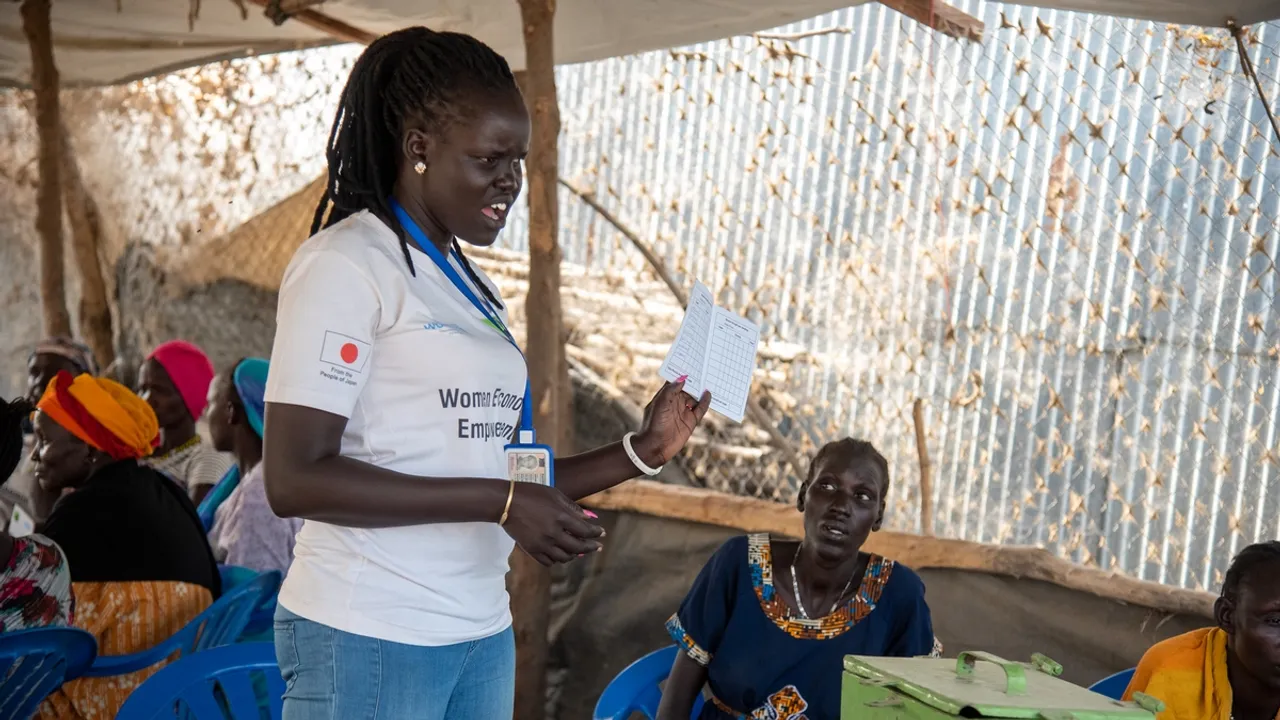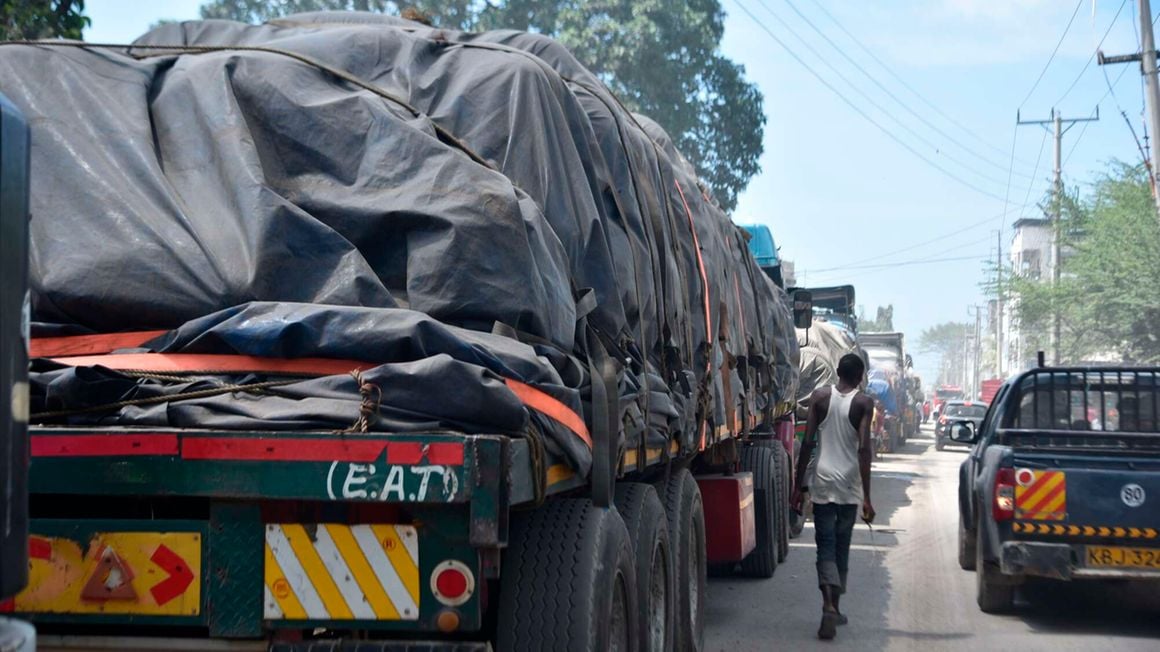Amidst disruptions to traditional trade routes, unpredictable shipping times and soaring freight tariffs caused by the conflict in the Red Sea region, the opportunities the African Continental Free Trade Area (AfCFTA) agreement creates for the development of intra-Africa trade are becoming apparent, says Standard Bank. The African continent holds markets that connect 1.3 billion people with a combined gross GDP of about USD3.4 trillion. Buying and trading goods in this environment offers alternative business opportunities both now and in the future. These opportunities would ease the pressure to import goods from the rest of the world, says Philip Myburgh, Executive Head of Trade and Africa-China, Business and Commercial Clients at the Standard Bank Group. “Besides reducing the need to import goods from outside of Africa, the preferential tariff rates promote Africa’s growth. AfCFTA has the potential to boost South Africa’s economy and create new jobs by increasing economic participation.” “Last month, South Africa exported its first shipment of goods to Ghana under the AfCFTA agreement. The goods shipped were forged grinding balls and high-chrome grinding media products supplied to the platinum, gold, ferrochrome, base metal, power generation and cement industries.” However, several other markets remain to be explored, says Myburgh. “Two features make Ghana a strong trading partner: its location on the west coast and its two deepwater ports. Takoradi and Tema offer logistical advantages to seaborne traffic from South Africa. And Ghana, often called the ‘Gateway to West Africa,’ offers easy access not only to Ghanaian markets, but also...
Unpredictable global trade reveals the benefits of AfCFTA and intra-African trade as South Africa celebrates first AfCFTA export to Ghana
Posted on: March 1, 2024
Posted on: March 1, 2024

